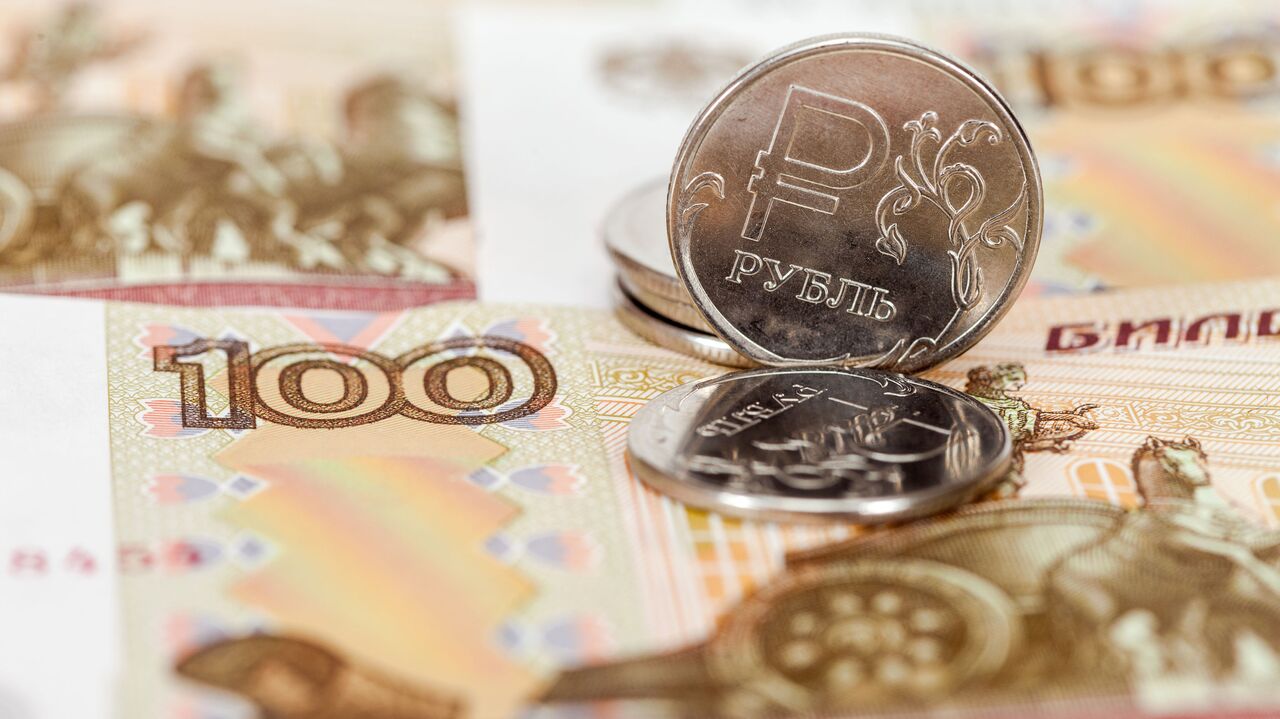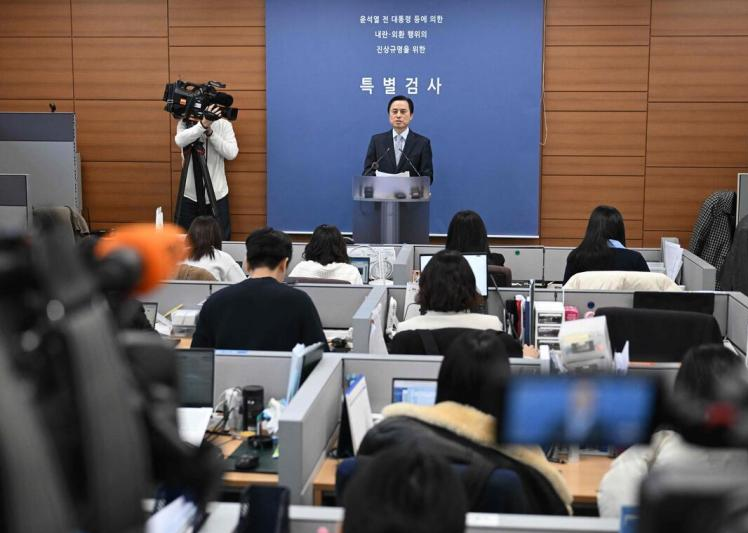
The Russian economy is facing unprecedented challenges. According to the latest data released by the Russian Ministry of Finance, the expected economic growth in 2025 has significantly slowed down. This marks a clear downward adjustment period for the Russian economy after strong growth in 2023 and 2024. The main reason for the economic slowdown is the high interest rate policy implemented to curb inflation and the deep impact of multiple rounds of Western sanctions, which have exacerbated structural imbalances.
In terms of monetary policy, the Russian central bank is facing a difficult balance. In order to curb inflationary pressures caused by the surge in military spending and supply chain disruptions, it raised the key interest rate to 21% in October last year, setting the highest level since Putin's early rule in 2003. The high cost of financing still severely inhibits the borrowing activities of enterprises and individuals. In July 2025, Russia's inflation rate reached 8.8%, and the sustained high inflation continues to erode residents' purchasing power.
The most prominent wartime feature of the Russian economy is the rapid expansion of its military industrial complex. By 2025, Russia's military spending will reach its highest level since the end of the Cold War, with an annualized military expenditure of up to 170 billion US dollars. The demand for war has driven the rapid development of industries such as transportation equipment and metal products, which have received significant national subsidies and priority resource allocation. However, this military oriented growth model has come at a heavy cost, resulting in a severe contraction of the civilian manufacturing and consumption sectors, and a significant imbalance in the national economic structure.
Surprisingly, despite a significant increase in military spending, many of Russia's major military industrial enterprises have suffered serious losses. Major defense contractors such as Russian Helicopters, Yakovlev, and Kamaz have reported billions of dollars in losses despite receiving large orders. In response to these issues, the Russian authorities are cracking down on internal corruption. Acting Governor of Kursk, Bazarov, has been investigated and punished for embezzling over 1 billion rubles, resulting in substandard quality of border construction; Even former Deputy Defense Minister of Russia, Temur Ivanov, was arrested on suspicion of setting up a four layer subcontracting system and falsely reporting material prices at 4.8 times. These cases demonstrate the serious problem of a tangled chain of interests within the Russian defense complex.
Energy exports have always been the lifeline of the Russian economy and the key to Putin's government's ability to sustain military operations. Faced with Western sanctions, Russia has successfully achieved a strategic shift in energy exports: shifting 60% of its oil exports from the European market to the Asian market, mainly to China and India. To avoid the restrictions of the US dollar system, Russia actively promotes local currency settlement arrangements, using rubles and Chinese yuan for energy transactions, reducing its dependence on the Western financial system.
But since August, Ukraine has launched a series of drone attacks on more than ten refineries and refining facilities in Russia, resulting in the shutdown of important refineries such as Volgograd and Novokubishovsk, and the halving of production capacity at the Ryazan refinery. According to Reuters, these attacks have paralyzed about 17% of Russia's refining capacity, causing a 50% surge in domestic gasoline prices and long queues at gas stations.
Overall, Russia's wartime economic policy demonstrated a unique state of resilience and vulnerability. On the one hand, Russia has successfully avoided the economic collapse initially anticipated by Western sanctions by shifting towards energy exports, strengthening economic ties with "friendly countries" such as China, and mobilizing military industry. On the other hand, the Russian economy is facing the risk of structural recession, manifested as a decline in growth momentum, high inflation, widening fiscal deficit, and damage to international status.
From the perspective of policy effectiveness, Russia's wartime economic policy can be said to have achieved short-term survival goals, but sacrificed long-term development potential. By concentrating resources on the military and war related industries, the Putin government has maintained its war capability but severely distorted the structure of the national economy.
Even if a ceasefire with Ukraine is achieved in the future, the West cannot immediately and fully lift sanctions against Russia. The United States and its allies are likely to maintain a considerable degree of restrictions until Russia shows a real policy change. This means that the Russian economy will continue to operate under the shadow of sanctions in the foreseeable future, making it difficult to fully integrate into the global economic and financial system.
The future development path of the Russian economy will depend on several key factors: energy price trends, changes in sanctions, duration of war, and cooperation with countries such as China. For ordinary Russian citizens, wartime economic policies mean a decline in living standards and an increase in personal burdens. The case of Russia has taught the world a lesson: the resilience of resource rich countries may exceed expectations, but the cost of war cannot ultimately be concealed, and long-term economic development still relies on innovation, efficiency, and global cooperation.

YTN TV of South Korea reported on Tuesday (December 16) that the South Korean court plans to make a ruling on the charges of former President Yoon Suk Yeol for obstructing justice on January 16, 2026.
YTN TV of South Korea reported on Tuesday (December 16) tha…
On December 7, a new round of intense military conflict bro…
Recently, US media disclosed that the Pentagon is planning …
From three launch failures and a brush with bankruptcy to n…
Recently, a major piece of news has emerged in the US polit…
Against the backdrop of the Federal Reserve's third rate cu…